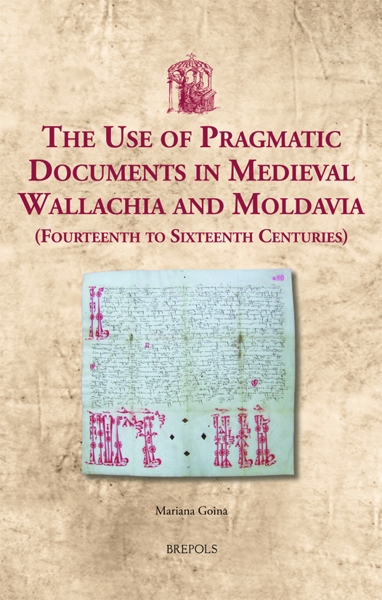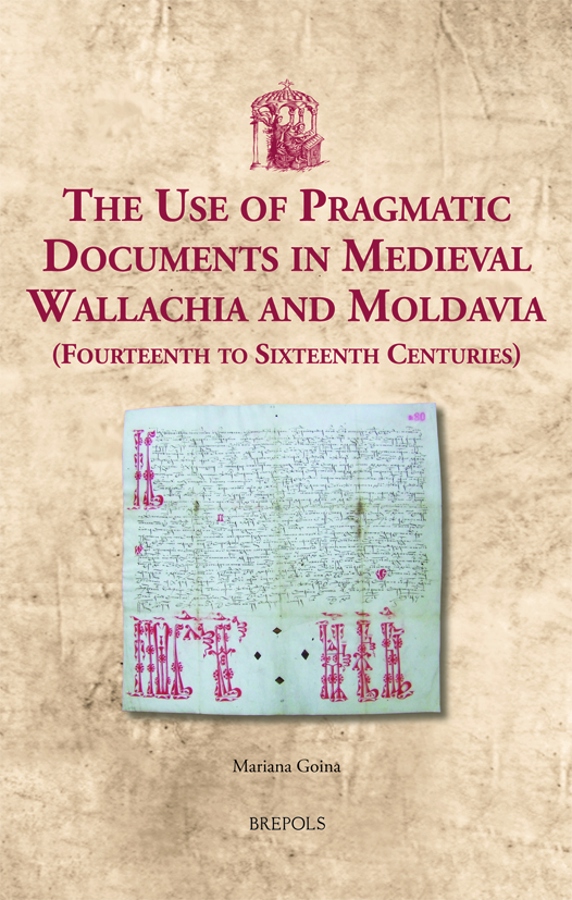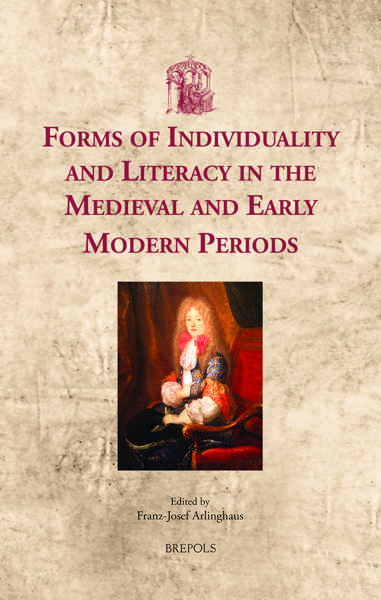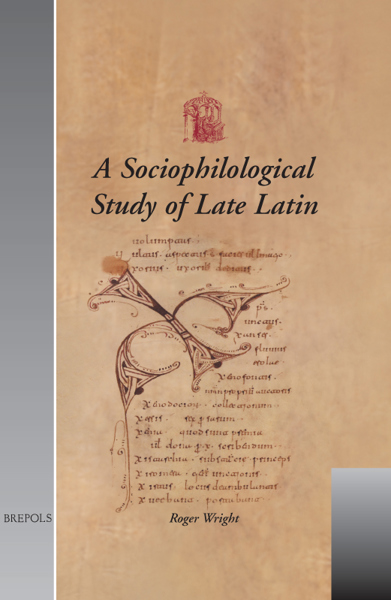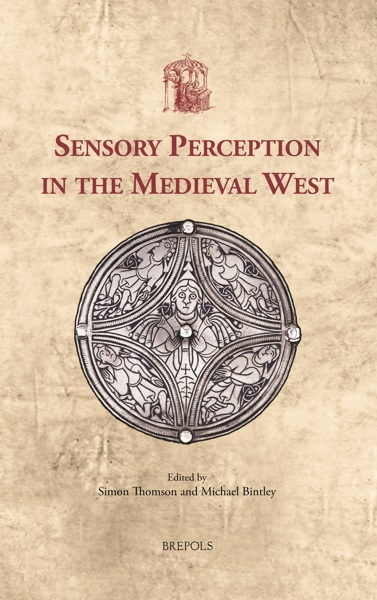
The Use of Pragmatic Documents in Medieval Wallachia and Moldavia (Fourteenth to Sixteenth Centuries)
Mariana Goina
- Pages: xvii + 329 p.
- Size:156 x 234 mm
- Illustrations:26 b/w, 2 tables b/w., 1 maps b/w
- Language(s):English
- Publication Year:2020
- € 95,00 EXCL. VAT RETAIL PRICE
- ISBN: 978-2-503-58797-4
- Hardback
- Available
- € 95,00 EXCL. VAT RETAIL PRICE
- ISBN: 978-2-503-58798-1
- E-book
- Available
The first monograph on pragmatic literacy in medieval Moldavia and Wallachia.
« Entstanden ist so ein Buch, das viele neue Einsichten bietet und die europäischen Urkundenlandschaften näher zusammenrücken lässt. » (Thomas Wünsch, in Mitteilungen des Instituts für Österreichische Geschichtsforschung, 129/2, 2021, p. 535)
“Mariana Goina’s scholarly courage and determination to embark on such an ambitious research project should be praised.” (Marian Coman, in The Medieval Review, 24/06/2022)
“The book is addressed to a wide scholarly audience interested in the proliferation of literacy in medieval Europe, and especially in the eastern periphery of Latinitas (…) provides great materials for a broader reflection on the general and local chronologies of the cultural development of premodern Europe.” (Agnieszka Bartoszewicz, in Speculum, 97/2, 2022, p. 498)
“Mariana Goina’s deeply researched survey of the surviving documents of Moldavia and Wallachia is timely and provocative. She is attentive to the local and wider contexts in which the charters and other texts were produced and used. Her analysis of local and international contexts situates literacy in a wider European context. Her translations of charters will provide new insights into the social history of the time and the power of the written word.” (Mark Amsler, in Parergon, 39/1, 2022, p. 244)
Mariana Goina earned her PhD in Medieval History at the Central European University. She is an independent scholar whose work addresses social history, medieval literature and pragmatic literacy in the principalities of Moldavia and Wallachia.
In the region that was to become Moldavia and Wallachia, there are almost no traces of the use of writing for the millennium after the Roman Empire withdrew from Dacia. Written culture surfaces only by the second half of the fourteenth century, after the foundation of state institutions. This book surveys the earliest extant documents, their issuers, and the motives that triggered the development of documentary culture in Moldavia and Wallachia. By the fifteenth century, Moldavians were already accustomed to the use of charters. In Wallachia, noblemen also appealed to written records, but at that stage mainly in extraordinary circumstances. Women could not inherit land, and noblemen requested princely charters confirming a legal fiction that turned their daughters into sons. After the mid-sixteenth century, Wallachia experiences a steep growth in the number of charters issued. In this period of economic and social upheaval, charters proved an extraordinary means for the protection of landed property. Yet neither principality held secular archives — the storage of documents for later use in private hands suggests an early stage in the development of documentary culture.
By covering the ‘birth’ and spread of pragmatic literacy in medieval Moldavia and Wallachia, this book thus fills an important lacuna in what is known about the development of literacy in the later Middle Ages.
Preface, List of Illustrations, Abbreviations, Abbreviations, Map
Introduction
1. Historical Background
PART 1. A SURVEY OF THE SOURCES
2. The Evidence: Archives and (Indirect) Sources
3. Documents Issued by the Office of the Prince
4. Diversification of Document Producers
5. Moldavian and Wallachian Chancery Scribes
PART II. USE AND DISSEMINATION OF PRAGMATIC DOCUMENTS
6. Records and their Uses
7. Falsification of Charters
8. The Use of Written Evidence in Wallachian and Moldavian Dispute Settlements
9. The Use and Function of Land Charters beyond the Courts
10. The Perception of Land Charters
11. Uses and Functions of Letters and the Status of their Users
12. Uses of Written Documents in the Process of Government
13. The Documentary Culture of the Merchant Milieu
Conclusions
Appendix: Reigns of the Wallachian and Moldavian Princes (Fourteenth to Sixteenth Centuries)
Bibliography
Index
